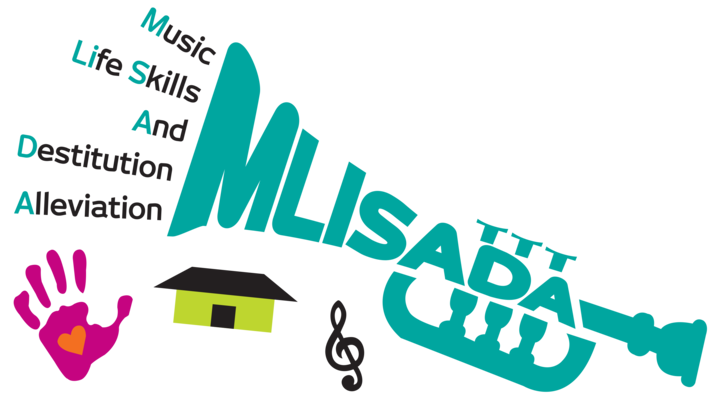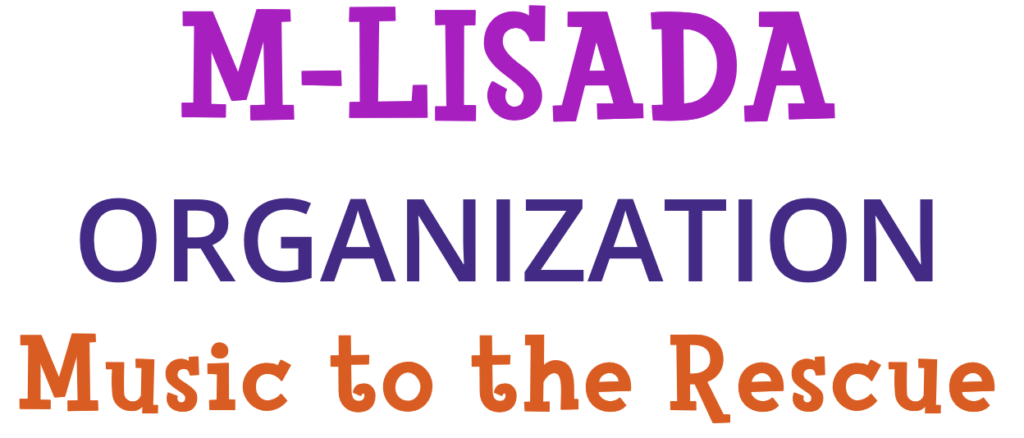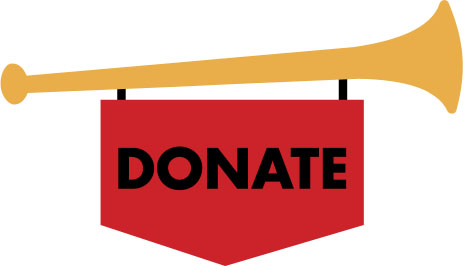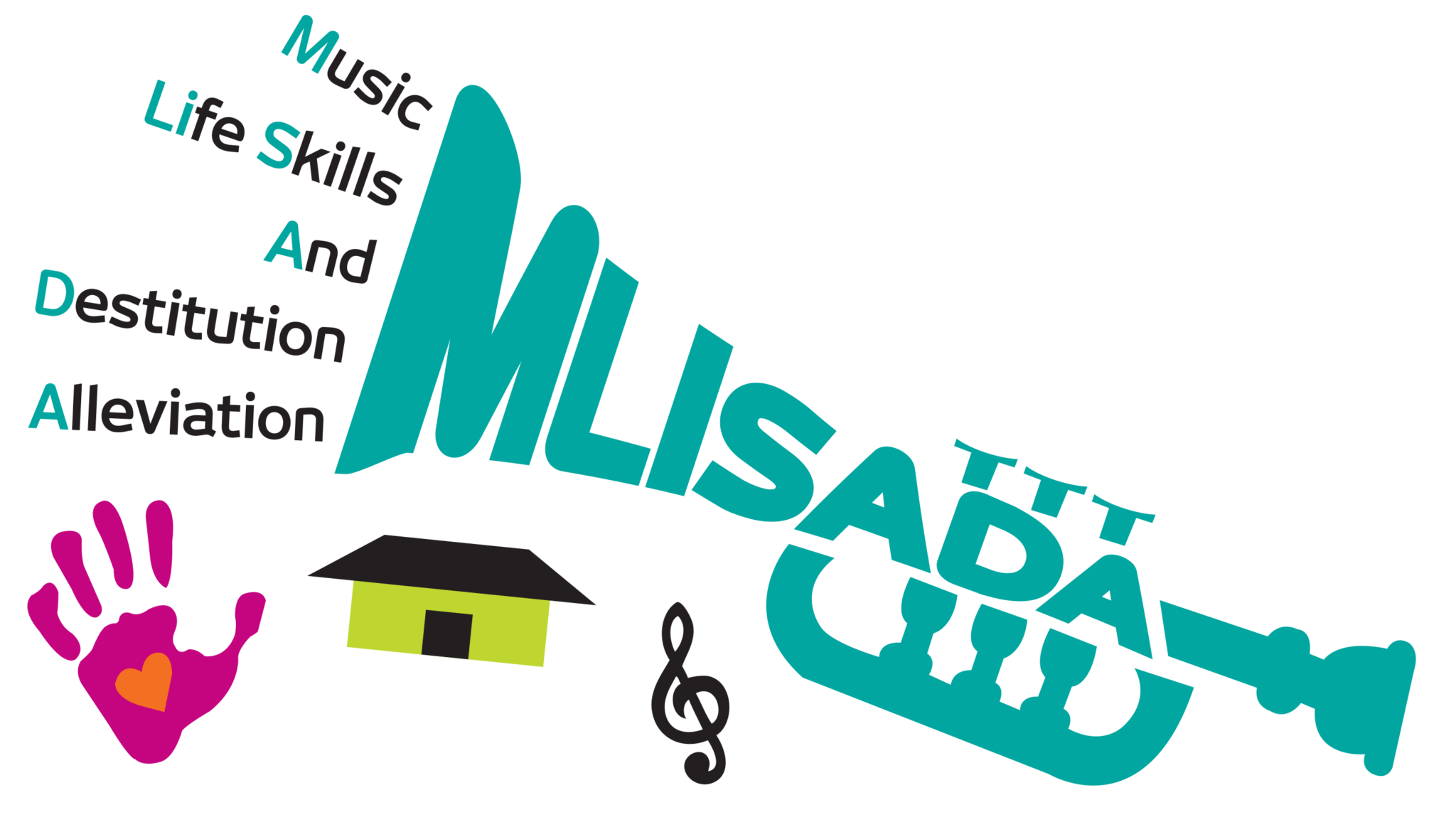To protect, heal, empower, and support vulnerable children and youth through music, life skills, and education.
To be a leading organization in transforming the lives
of Uganda’s new generations.
Community Empowerment & Health
Community Empowerment
Our Community Empowerment program is designed to expand M-LISADA’s reach and influence in the underserved surrounding community of Katwe slum. This program unites and trains children, parents, community mobilizers, community leaders, and local council members. The community takes ownership of the meeting space and together we have built a structure where information can be learned, shared, and implemented. This program has taught community members how to report issues and challenges, strengthened the local council’s child protection related policies, and has also led to a significant change in parents’ attitude towards children.
Our far-reaching program identifies and works with matters that influence change and quality of life. These issues include self-help groups, building community resilience, food security, conservation agriculture, health, children’s rights, child protection, parenting and environmental education; some of these are discussed below. We regularly invite different organizations that specialize in each of these fields to share their expertise with the community. Up to 500 people attend our biweekly workshops, which are held in three different locations.
Self-help groups empower members to find solutions and power in each other. They make their community stronger by building on relationships that already exist in the community. Together they share challenges as they support each other emotionally and address issues of domestic violence, micro- savings and loans, enterprise, and financial management. The self-help groups also have a program for members to save money for their children’s education.
Conservation agriculture teaches the community about farming and heathier eating. Many of the problems in Katwe grow from families not having enough food to eat. Backyard farming teaches families how to grow food creatively in small spaces. It saves them money and gives them a healthier diet by giving them direct access to fresh vegetables. M-LISADA has also partnered with InterKultura to make Katwe greener by planting more trees.
Environmental education teaches the community about climate change adaption and disaster risk reduction. Most of the people who live in the slum of Katwe are at risk of environmental disasters. This is especially true when it comes to severe flooding and the structural damage done to houses from storms. Even though flooding and storm damage is common, most of the community are unprepared for it. M-LISADA helps offset this by leading flood preparedness and disaster prevention trainings.
This program also draws on the strength of the community’s experience and knowledge. Community members know the places that are most susceptible to flood. They know where systems like gullies and improved trenches are needed for better water flow and drainage. M-LISADA takes their knowledge and connects the community with organizations like CRANE (Children At Risk Action Network) and EVERGREEN, that have resources to help them.
M-LISADA also works with the community on issues related to waste management, sanitation, and hygiene. Poor sanitation and hygiene are the root cause of the sickness and diseases that plague Katwe. The water sources are contaminated and most people in Katwe are uneducated about hygiene. In addition to organizing regular community clean up days, M-LISADA has partnered with Kampala Capital City Authority (KCCA) to educate the community about solid and liquid waste management and disposal. M-LISADA also informs local council members and community mobilizers about grants for hygiene and sanitation, such as free and safe water.
Health
M-LISADA provides basic health care for the children and youth who live at M-LISADA and for those who come from the surrounding community. These health services include general treatment for children who are sick or unwell, the facilitation of ARV treatments for children with HIV/AIDS, medical assessments for street children, and ear, eye, and throat examinations. For more serious medical issues our resident nurse oversees and coordinates treatments with local hospitals and specialists. M-LISADA has a partnership with CoRSU health services and hospital. The partnership provides bone alignment and surgery for disabled children who are under the care of M-LISADA.
Malaria
For most people who live in Uganda, the risk and worry of getting malaria is part of their daily life. Malaria can have a devastating impact on families who are already struggling to survive. If the main provider of the family gets malaria and is unable to work, the family’s living situation can become critical.
M-LISADA’s health program provides outreach services for the testing, treatment, and prevention of malaria. M-LISADA works in areas that have a very high concentration of pregnant women, babies, and young children. These vulnerable groups are at the highest risk of medical complications and death from malaria. Tests are given on-site, and medicine is given to those who test positive. Mosquito nets are also given out to prevent malaria in the future.
Menstrual Health
Menstrual health education is considered unnecessary or is widely misunderstood. Frequently girls are stigmatized and left without the support they need. Menstrual health education and access to sanitary pads play an important role in the well-being and empowerment of women. Unfortunately, many women in Uganda, (not just schoolgirls) are unable to afford the cost of sanitary pads. Because they do not have access to sanitary pads, girls often miss school, which may result in their dropping out.
M-LISADA leads hygiene and health workshops for schoolgirls and vulnerable groups of women to educate them about their bodies and menstrual health. These workshops take place on Kalangala island and other underserved areas.
Attendance at school on Kalangala island has improved since M-LISADA began their menstrual health education and reusable sanitary pad project.
Nutrition
M-LISADA Organization feeds over 200 children and youth daily. Without M-LISADA many of these children would not get enough food. An insufficient diet affects every aspect of a child’s development and can have consequences well into adulthood. M-LISADA ensures that children under their care with HIV/ AIDS, and other health issues, are given an extra nutritious diet to help support their immune system.
M-LISADA is cultivating land that is part of M-LISADA Passion Primary School, so that it can become a sustainable farm for our children. Having our own productive farm will help ensure that all the children under the care of M-LISADA are given a nutritious and diverse diet of fresh foods. The children who go to Passion Primary will learn important hands-on farming skills. M-LISADA has educational workshops showcasing basic farming techniques that teach vulnerable families how to grow the food they need.



